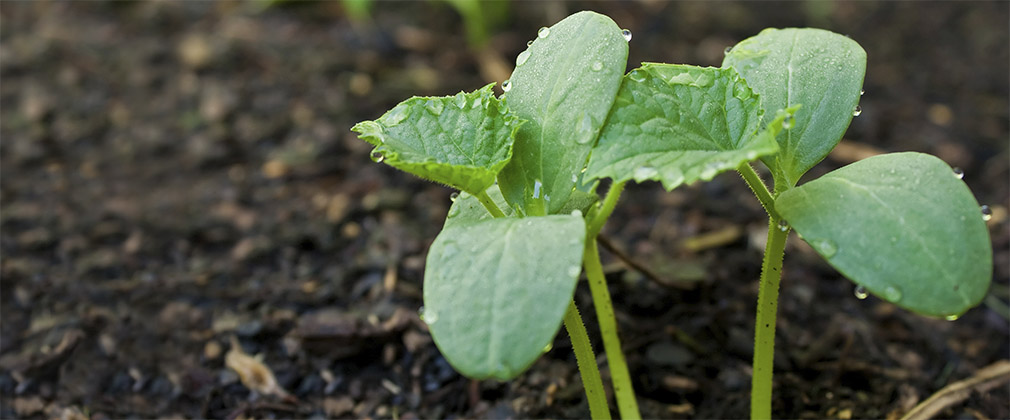
A California-based startup, InnerPlant, is pioneering a novel approach to agricultural practices with its groundbreaking technology that enables plants to ‘communicate’ their distress to farmers. This innovative method employs fluorescent signals emitted from plant leaves, alerting farmers to specific issues like fungal infections, insect attacks, or nutrient deficiencies.
By pinpointing exactly which areas of a field require attention, this technology significantly reduces unnecessary pesticide use and minimizes agricultural waste, offering both economic and environmental benefits.
How InnerPlant’s Technology Works
InnerPlant’s technology relies on genetic engineering to make plants capable of signaling distress through fluorescence detectable by various devices such as satellites, drones, or tractors.
Shely Aronov, CEO of InnerPlant, explains that this signal helps farmers identify stressed areas in their fields, thus avoiding the blanket application of chemicals. Currently, farmers tend to overuse pesticides by up to 30%, not only adding extra cost but also potentially harming the environment.
What Are the Economic and Environmental Benefits?
The implications of such technology are vast, given that agriculture is a major contributor to global greenhouse gas emissions, responsible for at least 10% according to the Environmental Protection Agency’s 2021 data. Moreover, despite heavy pesticide usage, around 40% of global food crops are still lost annually to pests and diseases.
Technologies like that of InnerPlant, which also involve other companies like SatAgro and Climate FieldView, aim to tackle this inefficiency by reducing the volume of lost crops and diminishing the environmental impact of traditional farming methods.
Why Are Investors Interested in Scalability?
The scalability of InnerPlant’s technology is particularly appealing to investors, as it holds the potential for licensing to major seed companies, generating significant royalty revenue.
Tom Biegala, a founding partner of Bison Ventures and an investor in InnerPlant, highlighted the vast potential for market penetration across major agricultural regions in North and South America. He noted that licensing the technology could impact hundreds of millions of acres, translating into substantial revenue streams.
InnerPlant has secured a total of $22.3 million in funding, supported by notable investors including John Deere, MS&AD Ventures, UpWest VC, and Bee Partners. The startup is not only engaging with large agricultural producers but also focusing on smaller farms, some of which have paid for early access to the technology.
Initial applications are set to target soybean crops, with plans to expand to other varieties based on the early results and feedback from these implementations.
Related News:
Featured Image courtesy of Dewitt/Getty Images/iStockphoto
